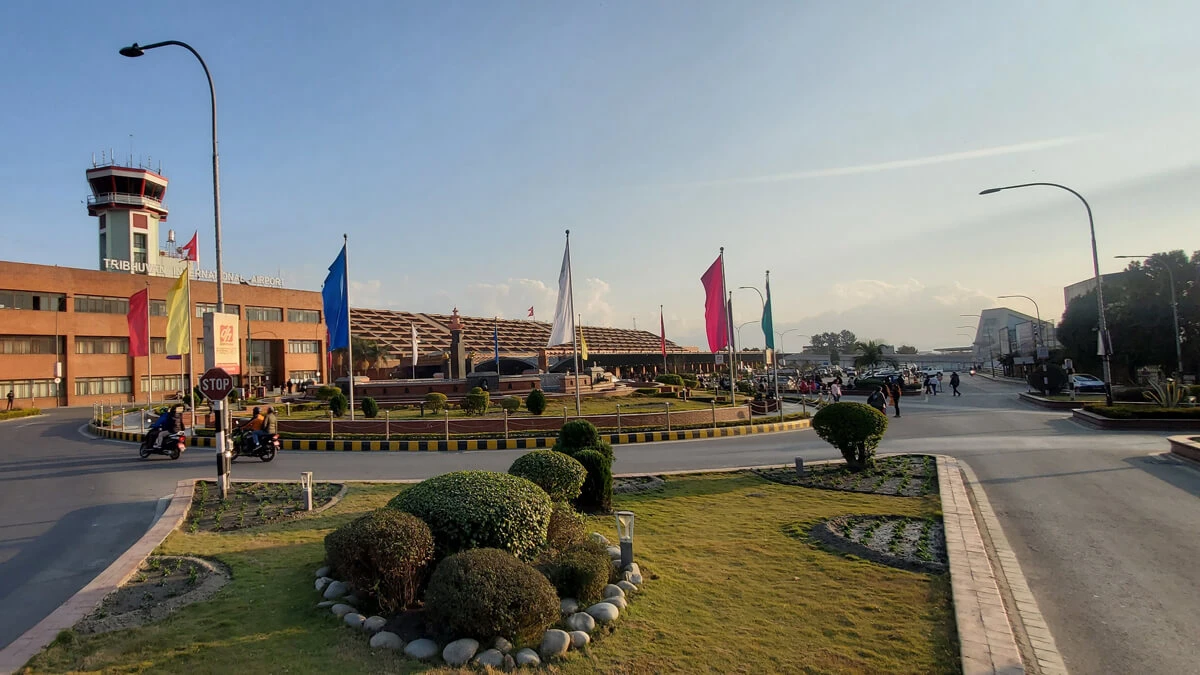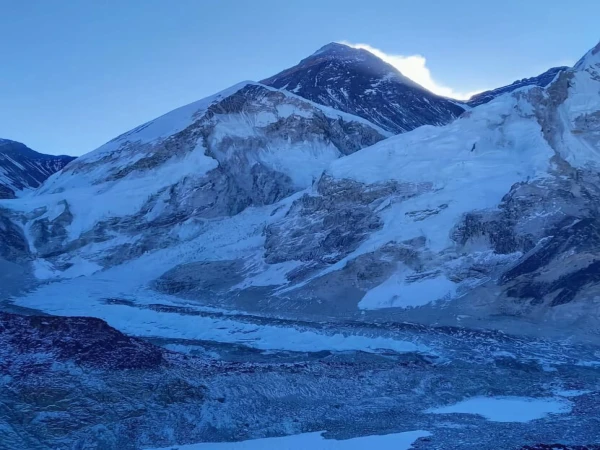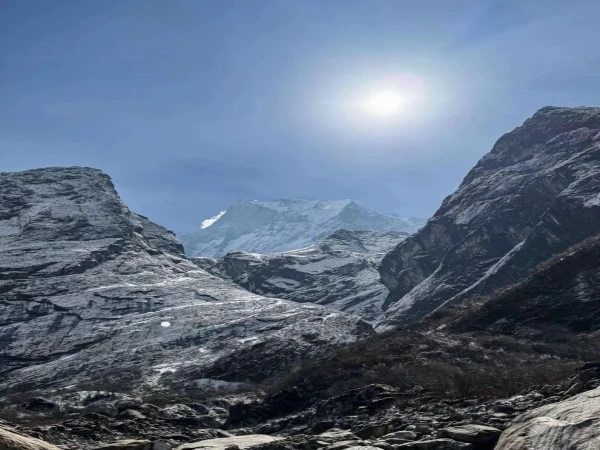Documentation
Documentation is an essential aspect of customs regulations in Nepal. Tourists entering Nepal must have a valid passport with at least six months of validity from the date of entry and a passport-size photograph for their visa application.
Additionally, travelers must fill out a customs declaration form, which requires them to declare any goods they carry that exceed the permissible limit. Failure to report interests can result in fines or seizures. Importantly, travelers should always keep all relevant documentation, including their passports and visa, with them during their stay in Nepal.
They may be required to produce these documents at various checkpoints and when leaving the country. Besides ensuring they have all the necessary documentation and follow customs regulations, travelers can have a hassle-free and enjoyable trip to Nepal.
Tariffs
Tariff is an essential part of customs regulations in Nepal. They are taxes imposed on goods entering or leaving the country based on the value of imported or exported goods.
The tariffs vary depending on the type of goods, weight, and country of origin or destination. Tariffs are designed to protect domestic industries by making imported goods more expensive and thus less competitive in the Nepalese market.
The Nepalese government has implemented a preferential tariff regime for imports from the least developed countries, allowing these countries to export goods to Nepal at reduced rates.
However, tariffs can increase the cost of goods for travelers and businesses, making it essential to consider the impact of taxes when planning trips or conducting trade in Nepal.
Prohibited goods and Value-added tax (VAT)
Prohibited goods and Value-added tax (VAT) are crucial aspects of customs regulations in Nepal. Prohibited goods include items banned from being imported or exported due to legal, health, safety, or cultural reasons.
This list typically includes narcotics, weapons, explosives, counterfeit goods, and pornographic materials. Travelers should familiarize themselves with the prohibited goods list to avoid legal complications and ensure a smooth customs process.
Value-added tax (VAT) is a consumption tax levied on goods and services in Nepal. It is applied at different stages of production and distribution, reflecting the value added at each step. When importing goods, travelers may be subject to VAT, calculated based on the goods' weight and the applicable tax rate.
It is essential to consider VAT charges when purchasing in Nepal, as prices often include tax. However, upon departure, tourists may be eligible for a VAT refund on certain goods, such as handicrafts and souvenirs, provided they meet specific criteria.
Customs clearance
Customs clearance is a crucial process in Nepal that travelers must go through to ensure the legal import or export of goods. All goods brought into or taken out of Nepal must be cleared through customs upon arrival or departure.
This process involves verifying relevant documentation, such as invoices, bills of lading, and customs declarations, to ensure compliance with customs regulations. Customs officials may inspect the goods and assess applicable duties, tariffs, and taxes. Travelers must be prepared with the necessary documentation and declare any goods exceeding the permissible limits to avoid delays, fines, or confiscated items.
If you follow the customs clearance process diligently, travelers can navigate the customs procedures smoothly and ensure compliance with the regulations of Nepal.
Penalties and Duty-free allowances
Penalties and duty-free allowances are essential aspects of customs regulations in Nepal. Violations of customs regulations can result in penalties, fines, or even criminal prosecution.
Travelers should know the rules and restrictions regarding importing and exporting goods, including prohibited items and quantity limits. It is essential to declare all goods accurately and honestly, as failure can lead to penalties and confiscation of goods.
On the other hand, duty-free allowances provide certain exemptions for specific goods, such as personal effects and gifts, within specified limits. Travelers can take advantage of duty-free allowances to bring in or take out goods without incurring additional duties or taxes.
Understanding the duty-free limits and ensuring compliance with the regulations to avoid penalties and enjoy the benefits of duty-free allowances when traveling to and from Nepal is crucial.





